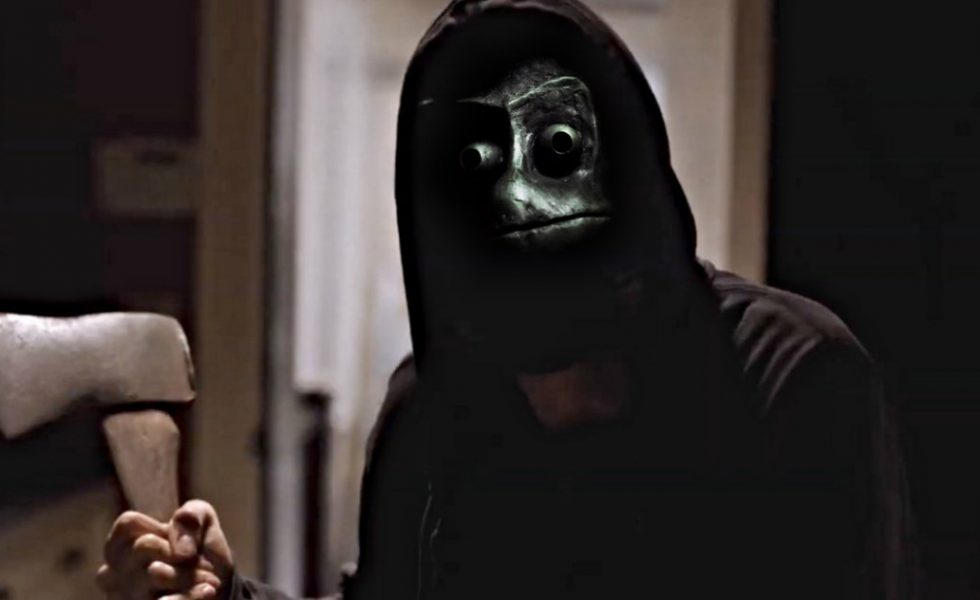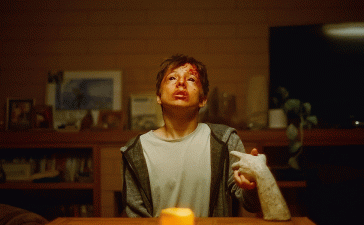Helen Hunt’s in this thing.
That might be the uncanniest element in play in this tight, clever little thriller. Oscar winner Helen Hunt (for As Good as it Gets back in 1997), whose biggest cultural footprint is probably still her turn opposite Paul Reiser in the recently revived sitcom Mad About You, is here in this twisty gem, pulling mum duty as the wife of protagonist Greg Harper (Jon Tenney), a cop investigating the disappearance of a 10 year old boy.
Don’t get me wrong, she’s perfectly fine in the role, but her simple presence throws the whole thing out of kilter. She’s easily the biggest name in the ensemble, so her appearing a rung or two down the cast list in a fairly generic supporting role feels out of whack.
But then, I See You is a decidedly unusual affair, changing up expectations and blithely crossing subgenre boundaries in a way that keeps the viewer on their toes. It begins as a procedural mystery, delves into familial drama, strays into seemingly supernatural territory, and then… well, that would be telling, and I See You’s surprises are worth experiencing firsthand.
“The contract between film and viewer is honoured, and without the need for reams of exposition…”
There’s a touch of early David Lynch to the proceedings, with screenwriter Devon Graye and director Adam Randall sprinkling in some “darkness behind the white picket fences” action that’s not a million miles away from Blue Velvet or even Twin Peaks. The kidnapped kid who sets the plot in motion is seemingly the victim of an external threat, but the real rot is internal: we quickly learn that Hunt’s Jackie Harper has recently had an affair, and her family is not handling the revelation of her infidelity at all well. While dad Greg throws himself into his casework, teenage son Connor (Judah Lewis) openly declares his hatred for his mother.
When seemingly supernatural, poltergeist-like phenomena begin to occur in the Harper family home, it seems like an occult manifestation of the family’s turmoil. The cutlery disappears, pictures on the wall change places, and when Jackie’s former lover takes a mysterious coffee mug to the skull, the connection between familial and inexplicable strife seems clear. And yet I See You has more in store for us.
It’s impressive how nimbly I See You switches gears, and the latter half of the film is effectively the first half told from a different point of view to clue us in to the actual underlying explanation. Ironically, current would-be “saviour of cinema” Tenet attempts something similar, albeit with a lot more technobabble and to much less effect, while this relatively modest genre effort achieves its aims largely by being honest with its audience and trusting them to keep up. The contract between film and viewer is honoured, and without the need for reams of exposition on the notion of reversed entropy, which puts I See You ahead on points. Sharp, assured and intriguing, this is a thriller that punches above its weight.








